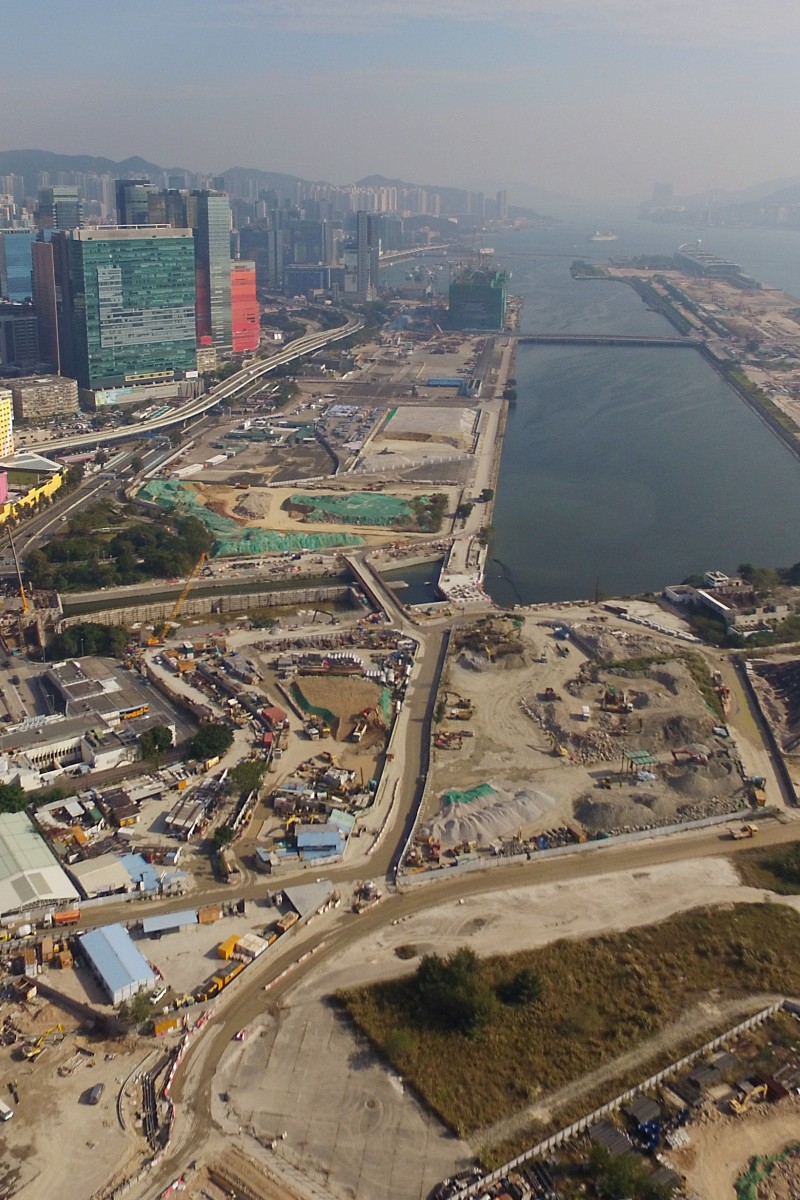
Face Off: should the Hong Kong government really be spending HK$32 billion on Kai Tak Sports Park?
Each week, two of our readers debate a hot topic in a parliamentary-style debate that doesn’t necessarily reflect their personal viewpoint. This week...
 Should this place be turned into an billion dollar project?
Should this place be turned into an billion dollar project?Christy Kwok, 17, Sha Tin College
With sports facilities, greenery, and even a shopping area all in one place, who wouldn’t want this idea to be implemented?
The objective of the Kai Tak Sports Park is to fulfil the diverse needs of the public, as well as amateur and professional athletes. Currently the sports facilities in Hong Kong are limited or outdated. There is no doubt the Kai Tak project would provide more opportunities for people to take part in sports, improve performance, and build a healthy lifestyle.
As Asia’s World City, Hong Kong needs a modern sports complex to host international events. In this day and age when people have so many choices, just being famous as a financial centre with skyscrapers is not enough.
The proposed sports park includes a 50,000-seat stadium for hosting major sports events such as international football and rugby matches – imagine a full house cheering our players. It would boost their morale and persuade them to work harder to achieve top results. What’s more, winning international competitions would have a positive impact on the city and enhance its reputation.
Some people argue that this space can be used to build flats, but the benefits of building a sports park are much greater. For example, there will be lot of open space for the public to jog, exercise, or simply relax. Or they can play football, badminton, basketball, volleyball or other sports activities during non-event days. There will also be a children’s playground, and a cycling track.
So yes, it’s a sports park for the people of Hong Kong. At HK$32 billion, its price tag may be a little high, but none of that money would be wasted.
Kaur Amanjot, 17, Delia Memorial School (Broadway)
No, the Hong Kong government shouldn’t be spending that much money on a sports complex.
There are many problems in Hong Kong which have spoiled our image as “Asia’s World City”. It’s a shame that we cannot live up to our reputation, because we have been slow to tackle certain issues that need to be resolved urgently.
There are many “slums” in Hong Kong, especially Sham Shui Po, where people live in caged homes. Many of them cannot afford to have three meals a day, go to a doctor, or buy new clothes.
Our government tends to turn a blind eye to the underprivileged in our society. It is shameful that such problems are not getting the attention they deserve, yet there’s a proposal to build a sports park at the former airport site at Kai Tak.
There is a reason for the construction of the sports complex: it is expected to co-host international sports events with China. This clearly explains why the Hong Kong government is going to spend taxpayers’ money, a whopping HK$32 billion, on a sports park just to boost its image rather than satisfy the athletes’ demands.
The public is entitled to ask whether there will be sufficient supervision of the project. The government has already come under fire for the way it has handled projects such as Hong Kong Disneyland, the Kai Tak cruise terminal, and West Kowloon cultural district. Not to mention the Hong Kong-Zhuhai-Macau bridge, with the mainland body overseeing the project reporting a HK$11.8 billion budget overrun. All these do not bode well for the building of a world-class sports park.
Officials must learn from these mistakes, and not throw away money at another “white elephant” project.